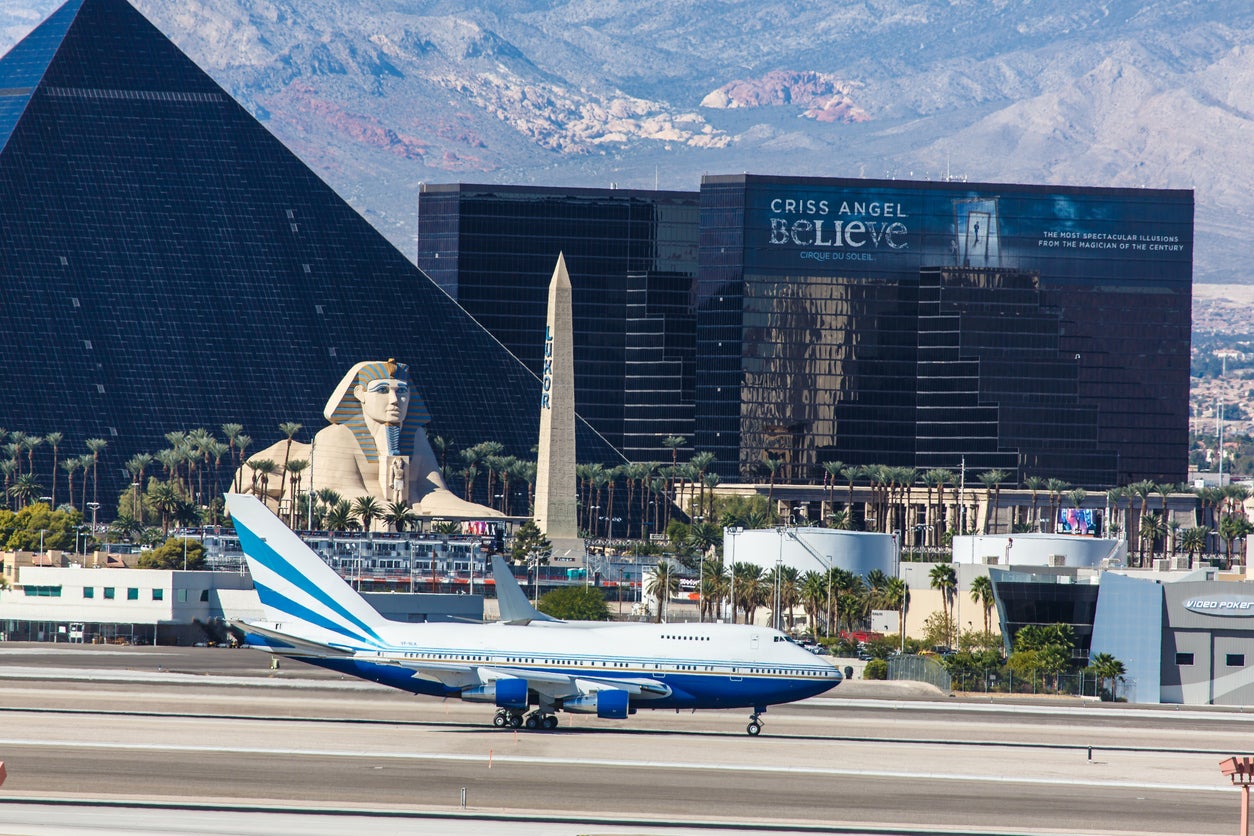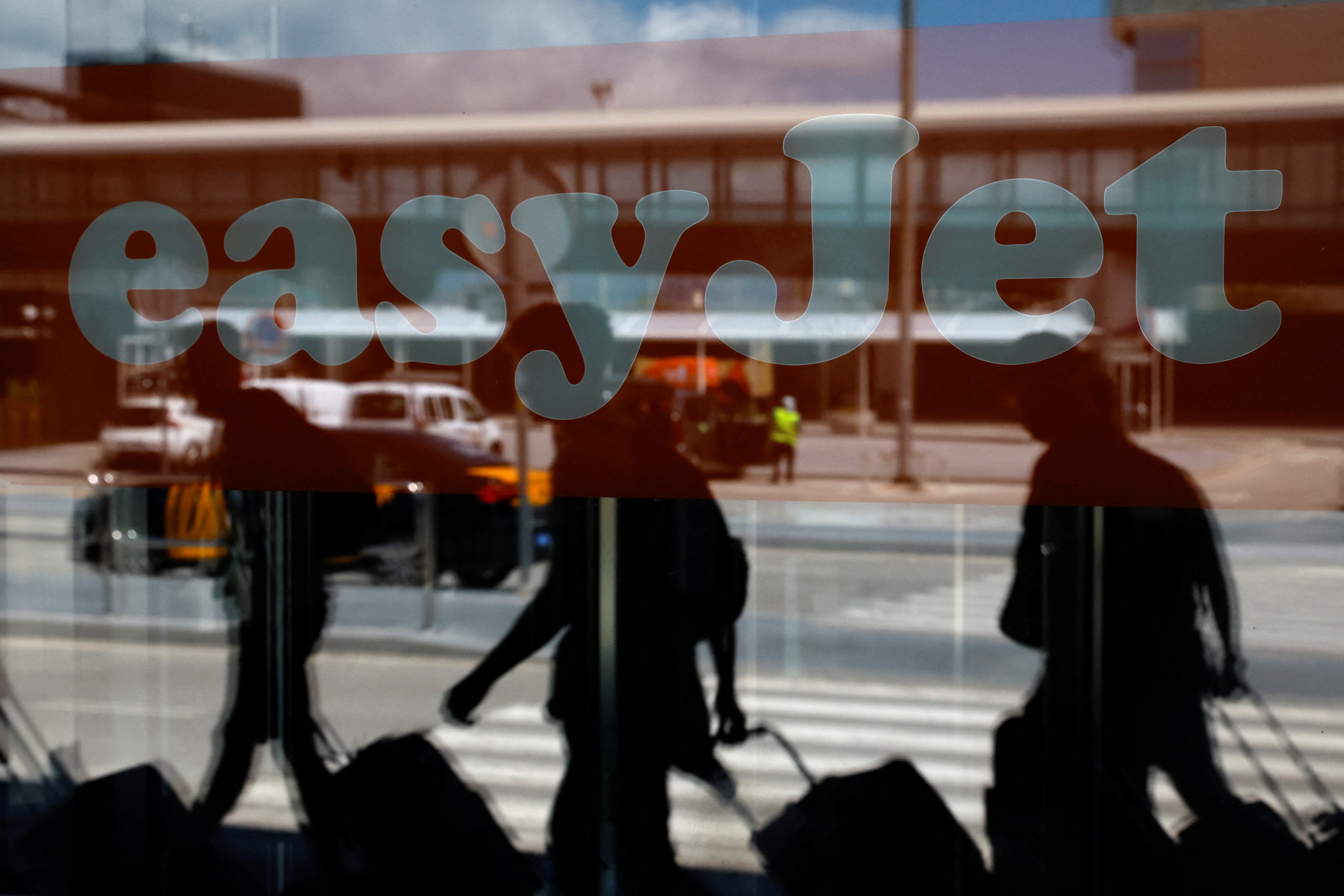Who is going to pay for my Taipei layover nightmare?
Simon Calder on Taiwanese rules, children’s passports and making the most of offloading


Q On Saturday I was meant to catch a flight from London to Bangkok via Taipei in Taiwan. As I was on my way to the airport I received a phone call from the airline to say I would be unable to fly as my layover was 14 hours – over the 12-hour limit which is all the Taiwan government will allow.
The airline told me I should never have been sold this flight by the online travel agent – which has taken two separate flights. As we turned up at the airport there were another 25 passengers in the same position as us. I was left stranded at the airport with no alternate flight and no way of getting home. Any advice on what I could do to get my money back?
Georgia H
A Taiwan has a general ban on foreign nationals entering the country, with a specific exemption for transit passengers. But, as you say, it applies for a maximum scheduled layover of 12 hours.
In strict legal terms, the online agent is entitled to tickets that exceed this limit on the (highly unlikely) basis that you might qualify to stay longer than 12 hours in Taiwan and that it is your responsibility to comply with rules. But such a contention is unreasonable and the agent should plainly refund you swiftly, in full. If this does not happen, the next step is to contact the customer service department of the flight-comparison site you used. They have reputations to uphold and I am sure will take action. If, however, you found the agent through a simple online search (eg “cheap flight Bangkok”) then contact your card issuer. While the legal obligation to refund you is clouded because you booked through an agent, the bank should give you a sympathetic hearing.
Finally, thank you for drawing this to my attention. I will be contacting flight-comparison sites to urge them to keep a watchful eye on agents selling tickets with impossible-to-meet conditions.

Q We are booked to fly to Las Vegas on 7 August. A while ago, amid the chaos of people being turned back at airports as their passports were more than 10 years old, I asked my travel agent if this applied to kids’ passports being more than five years old. I was told it didn’t. But I have now read the travel agent’s general guidance on passports, and it says that it does apply to passports being more than five years old.
We have no time to renew it now as there are no appointments. This doesn’t seem to agree with what else I have read online. Could you confirm that it is OK for a kid’s passport to be more than five years old, please?
Sheila M
A Goodness. While it was easy to foresee the harm that Brexit would cause for UK visitors to the European Union, I did not predict that leaving the EU might spread confusion more widely – including for travellers such as you, seeking to visit the US.
A reminder to everyone who has a passport that was issued prior to September 2018, and that may well have additional validity over 10 years (as was the custom for renewed passports). The travel document cannot be used to enter the EU, or the wider Schengen area, after its 10th birthday – though you can remain in the zone beyond that date if there is sufficient validity.
This annoying rule has never applied to children’s passports, even though the UK government and a wide range of travel companies pretended it did. By definition, even a child’s passport issued for the maximum of five years and nine months is well within the 10-year limit for entering Europe.
Many people have mistakenly assumed that the British decision to leave the EU – and therefore see the validity of passports reduced for travel to Europe – has an effect beyond the Schengen area. I am glad to say that this is nonsense. British travellers can be in the US up to and including the expiry date of their passport, and the same applies to many other destinations.
I have studied the “Passport and Visa Advice” provided by your travel agent with mounting concern. It recommends six months’ validity on return to the UK (required by only a very few countries). Even worse, for trips to Europe it says children’s passports must be no more than five years old, and that all UK passports must have at least six months’ validity. I will be speaking to the company and asking it to correct such stress-inducing nonsense.

Q I know you are a fan of overbooking flights (always with the caveat “when done right”). Could you ask for a higher class of seat to volunteer to offload?
AB
A Many airlines routinely sell more tickets than they have seats available on popular flights. Experience shows that a small proportion of passengers probably won’t turn up (easyJet says on average it is 5 per cent).
Airlines overbook mainly to make money: if you can sell 196 tickets for an Airbus with only 186 seats, and your prediction that at least 10 will not show up at the airport in time proves correct, that represents a tidy profit. Carriers also say the practice is a passenger benefit: someone desperate to travel can buy a ticket on an apparently full flight. And overbooking allows aircraft to fly with more seats occupied, which is some small mitigation for the environmental harm caused by aviation.
As you rightly say, I believe overbooking is beneficial when airlines do it right – as they almost always do, in my experience, in the US, though sadly not yet in Britain.
When a carrier overestimates the no-show rate, and has rather too many passengers for comfort, they must throw money at the problem. I cannot see any excuse for offloading passengers against their will, because almost everyone will have their price for leaving a full flight.
The airline’s challenge is to figure out the lowest price that will solve its problem – in other words, what it must offer in order to persuade sufficient people to surrender their right to fly on their booked departure.
Usually, the incentive will simply be a sum of money and a seat on the next available flight. The amount of compensation need bear no relationship to the scale of payments triggered by an involuntary offload that is stipulated in European air passengers’ rights rules: £220, £350 or £550 depending on distance.
The amount is purely for negotiation between the airline and the passenger – though typically it will take the form of a member of ground staff saying, “We will pay £300 for five volunteers to leave the aircraft.” If an overnight stay is required, then you can ask for a hotel as well as dinner and breakfast. And, on airlines with more than one class, you can insist on an upgrade on the replacement flight.
Some carriers who know they have lots of empty business seats the following day may offer the courtesy anyway. But bear in mind these negotiations must be conducted at lightning speed – and that if you hold out for an upgrade, you might lose out to passengers such as me who are happy just to take the cash.
Email your question to s@hols.tv or tweet @simoncalder






Join our commenting forum
Join thought-provoking conversations, follow other Independent readers and see their replies
0Comments